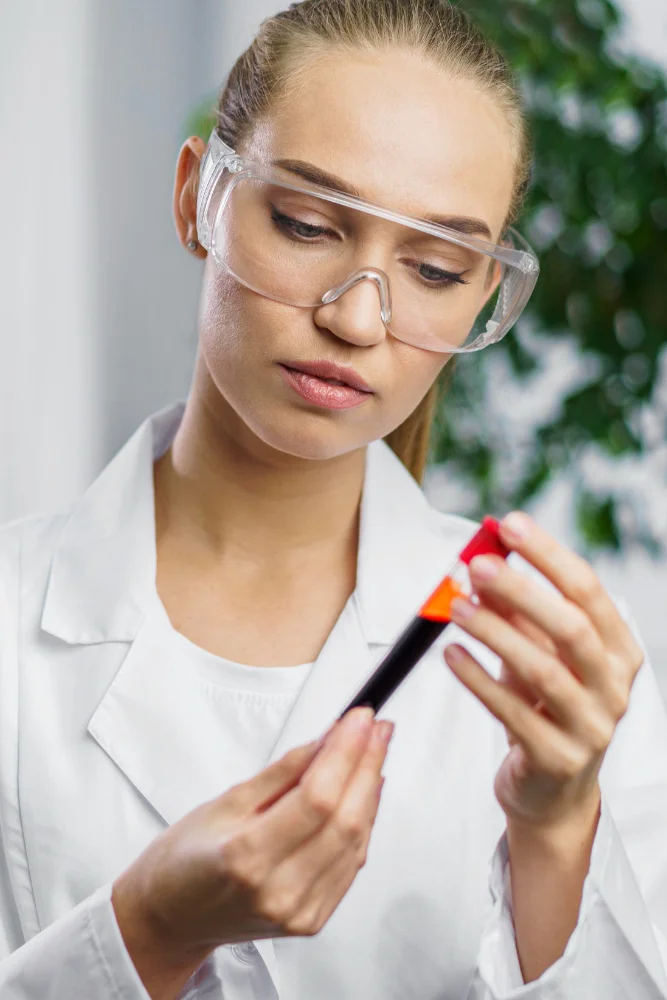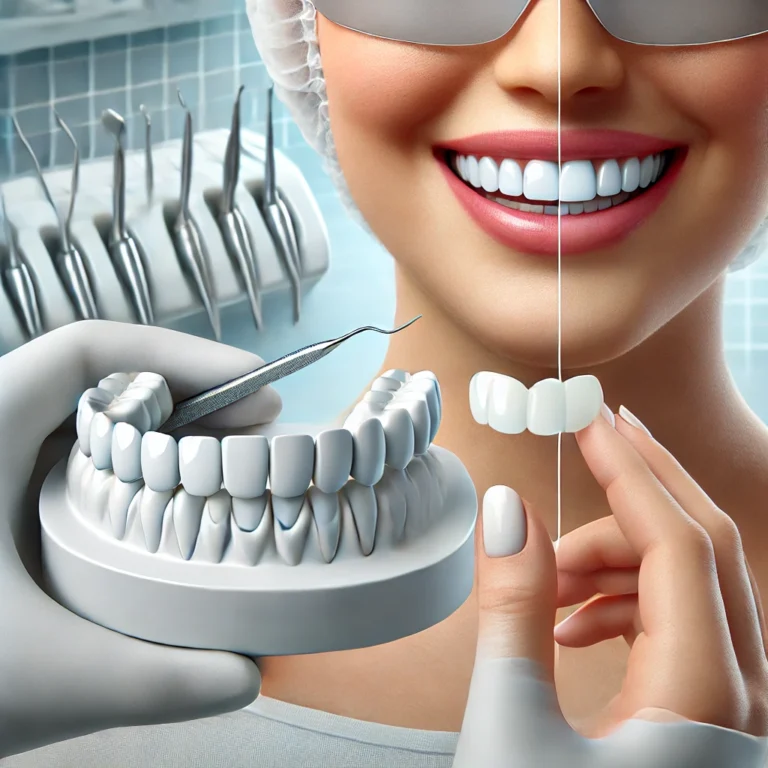
When it comes to addressing alcohol addiction, many individuals seek traditional methods such as medical detox, counseling, and rehabilitation programs. However, alongside conventional approaches, there is growing interest in alternative therapies as part of alcohol use disorder treatment. These therapies, ranging from acupuncture to meditation, are designed to complement standard treatment plans and offer holistic support. But can alcohol addiction truly be treated with alternative therapies? In this article, we explore the effectiveness of these methods and how they fit into the broader context of recovery.
The Science Behind Alternative Therapies in Alcohol Use Disorder Treatment
While many people report positive experiences with alternative therapies, the scientific evidence supporting their effectiveness in alcohol use disorder treatment varies. Some therapies, like mindfulness meditation, have been widely studied and shown to provide measurable benefits, such as reduced cravings and improved emotional regulation. On the other hand, therapies like acupuncture have mixed results, with some studies showing benefits while others suggest minimal impact.
It is essential to note that alternative therapies should not be viewed as a replacement for evidence-based treatments, such as cognitive-behavioral therapy (CBT) or medical detoxification. Instead, they should be used as complementary treatments that enhance the overall recovery experience.
Research into the brain’s neuroplasticity—the ability to rewire itself—supports the use of alternative therapies in alcohol use disorder treatment. Practices like meditation, for instance, can help rewire neural pathways that have been altered by long-term alcohol use. As part of a holistic treatment plan, alternative therapies provide additional tools to aid in the brain’s healing process and help individuals develop healthier habits.
Benefits and Limitations of Alternative Therapies
Alternative therapies offer several benefits when integrated into alcohol use disorder treatment. They provide individuals with a sense of agency in their recovery process, allowing them to explore different healing modalities that resonate with their personal preferences. Additionally, these therapies promote overall wellness, addressing the mental, physical, and emotional aspects of addiction recovery.
However, it’s crucial to acknowledge the limitations of alternative therapies. While they can enhance recovery, they are not standalone treatments. Alcohol use disorder is a serious medical condition, and individuals should not rely solely on alternative therapies to achieve sobriety. These methods work best when combined with traditional treatments, such as counseling, medication, and peer support groups.
How to Incorporate Alternative Therapies into Your Treatment Plan
If you’re considering alternative therapies as part of your alcohol use disorder treatment, it’s important to consult with a healthcare provider or addiction specialist. Together, you can develop a comprehensive treatment plan that includes both conventional and alternative therapies tailored to your individual needs.
For example, you might attend regular counseling sessions while practicing yoga and mindfulness to manage stress. Or, you could complement your nutritional therapy with acupuncture to help reduce cravings and balance your body’s energy. The key is to create a balanced approach that addresses the various facets of recovery.
The Role of Alternative Therapies in Alcohol Use Disorder Treatment
Alternative therapies offer promising support in alcohol use disorder treatment, helping individuals manage cravings, reduce stress, and promote holistic well-being. While these therapies should not replace traditional treatments, they can play a valuable role in enhancing recovery outcomes when used alongside evidence-based approaches.
From acupuncture to yoga and nutritional therapy, alternative treatments offer individuals diverse ways to reconnect with their bodies, minds, and emotions during the recovery journey. The integration of these therapies into a comprehensive alcohol use disorder treatment plan may provide the additional support needed for long-term sobriety and improved quality of life.




